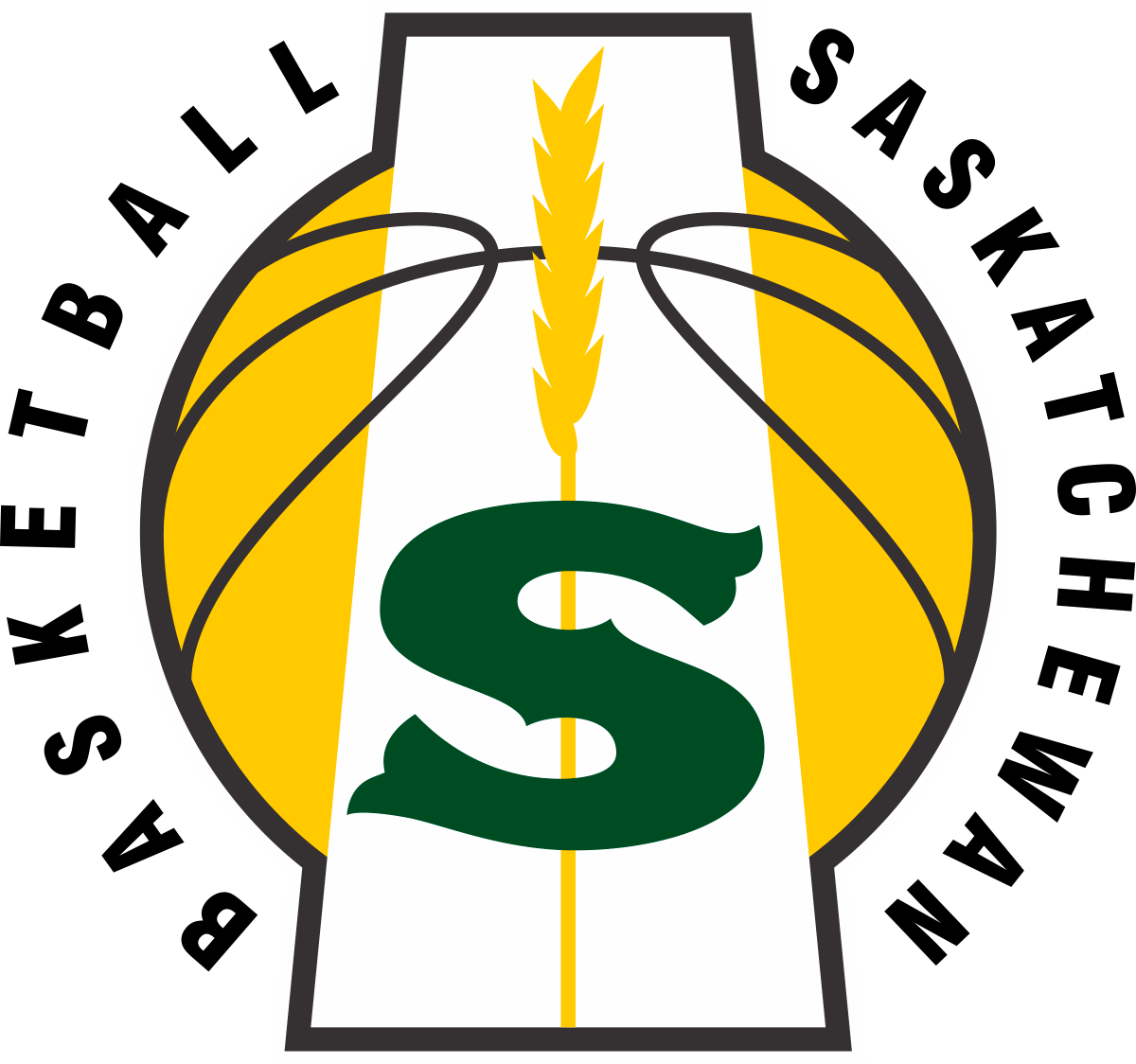Canada Basketball Concussion Resources
Welcome to Canada Basketball’s Concussion Resources. Here you can access useful resources for managing concussions in basketball including how to:
Recognize the signs and symptoms of concussion.
Remove athletes with suspected cases of concussion from play.
Refer to licensed healthcare professionals.
Return to play, school, or work following a concussion.
Reduce and Prevent concussion in basketball.
Additional Resources to learn more about concussions.
What Is A Concussion?
A concussion is a brain injury that cannot be seen on routine X-rays, CT scans, or MRIs. It affects how someone may think or remember and can cause a variety of symptoms.
You do not have to lose consciousness (get knocked out) to have a concussion. Any blow to the head, face or neck area, or a blow to the body that jars your head can cause a concussion.
‘Making Head Way in Sport’ Module for Coaches
Are you a coach who is interested in learning more about preventing and managing concussions in basketball?
The Coaching Association of Canada (CAC) has a “Making Head Way in Sport” module to help you become a more effective coach and have a meaningful impact on athletes.

Recognize
Concussion signs and symptoms can vary from person to person.
Symptoms may not necessarily appear immediately and it is possible for these symptoms to appear later in the day or even the next day.
What are the signs and symptoms of a concussion?
Physical
Headache.
Pressure in the head.
Dizziness.
Nausea or vomitting.
Blurred vision.
Sensitivity to light or sound.
Ringing in the ears.
Balance problems.
Feeling tired or low energy.
Drowsiness.
"Don't feel right"
Cognitive
Not thinking clearly.
Feeling slowed down.
Feeling like "in a fog".
Problem concentrating.
Memory problems.
Emotional
Easily upset or angered.
Sadness.
Nervous or anxious.
Feeling more emotional.
Sleep-related
Sleeping more or less than usual.
Having a hard time falling asleep.
Red Flags
If any red flag symptoms are present, call an ambulance right away. These may be signs of a more serious injury. If you suspect a neck injury, don’t move them!
Neck pain or tenderness.
Double vision.
Weakness or tingling in the arms or legs.
Severe or increasing headache.
Seizure or convulsion.
Loss of consciousness (knocked out).
Deteriorating conscious state.
Vomiting more than once.
Increasingly restless, agitated or combative.
Growing confusion.
Concussion Recognition and Assessment Tools
The Concussion Recognition Tool 6 (CRT6) is the definitive guide to help recognize concussion in children, adolescents, and adults. Designed for anyone to use.
The Sport Concussion Assessment Tool 6 (SCAT6) and Child Sport Concussion Assessment Tool 6 (for children ages 5-12) designed for use by licensed medical professionals only (e.g. athletic therapists).
Remove
Remember “when in doubt, sit them out!”
In all suspected cases of concussion, the athlete should be removed from play and should not return until further assessment by a licensed medical professional.
Continuing to play increases their risk for more severe, longer-lasting concussion symptoms and increases the risk of other injury.
Red Flags
If any red flag symptoms are present, call an ambulance right away. These may be signs of a more serious injury. If you suspect a neck injury, don’t move them!
Neck pain or tenderness.
Double vision.
Weakness or tingling in the arms or legs.
Severe or increasing headache.
Seizure or convulsion.
Loss of consciousness (knocked out).
Deteriorating conscious state.
Vomiting more than once.
Increasingly restless, agitated or combative.
Growing confusion.
You can access the Canada Basketball Concussion Protocol and Canada Basketball Concussion Policy to learn more about our concussion procedures.
Other useful resources:
Refer
As a player, coach, official, or parent, your role is not to diagnose a concussion but to recognize when one might have occurred.
Athletes with a suspected concussion should be referred to a licensed health care professional for further evaluation. (e.g. athletic therapist, family physician or emergency physician, etc.)
When seeing a licensed healthcare professional, it can be helpful to use concussion-specific letter templates:
Many sport medicine clinics and concussion clinics offer concussion management and treatment.
Return
The amount of time it takes to recover from a concussion is different for everyone.
Symptoms of a concussion usually last 1-4 weeks. However, sometimes it may last longer, and in some cases, it can take weeks or months to heal.
If a person has had a concussion before, it may take them longer to heal the next time.
It is important to follow proper return to play, return to school, and return to work strategies when managing a concussion. Parachute Canada has evidence-based strategies which can be found here:
Reduce / Prevent
The best way to prevent concussions is by adopting strategies to reduce the risk of incidents that can cause concussion.
As a player, coach, referee, or parent – everyone plays a role in ensuring that there is a safe and supportive environment for reducing the risks for concussion in basketball.
Education, rules and respect, environment, equipment, technique, and activity selection can all help your athletes avoid concussions.
Basketball Concussion Prevention Videos
Canada Basketball has developed a series of educational videos to help demonstrate basketball scenarios with potentially high risks for concussion.
‘Making Head Way in Sport’ Module for Coaches
Are you a coach who is interested in learning more about preventing and managing concussions in basketball?
The Coaching Association of Canada (CAC) has a “Making Head Way in Sport” module to help you become a more effective coach and have a meaningful impact on athletes.

Do helmets and mouth guards prevent concussion?
No. Unfortunately, helmets and mouth guards can’t completely prevent concussion.
Helmets are designed to protect the head by preventing skull fractures, scalp lacerations and brain bleeds. Many concussions occur because of movement of the brain in the skull which helmets are not designed to protect against.
Similarly, mouth guards have not been scientifically proven to reduce the risk of concussion. However, mouth guards are extremely important and should be worn to reduce the risk of oral and dental injuries.











.png)


.png)




